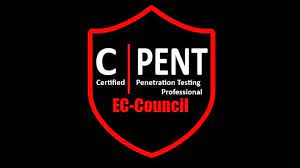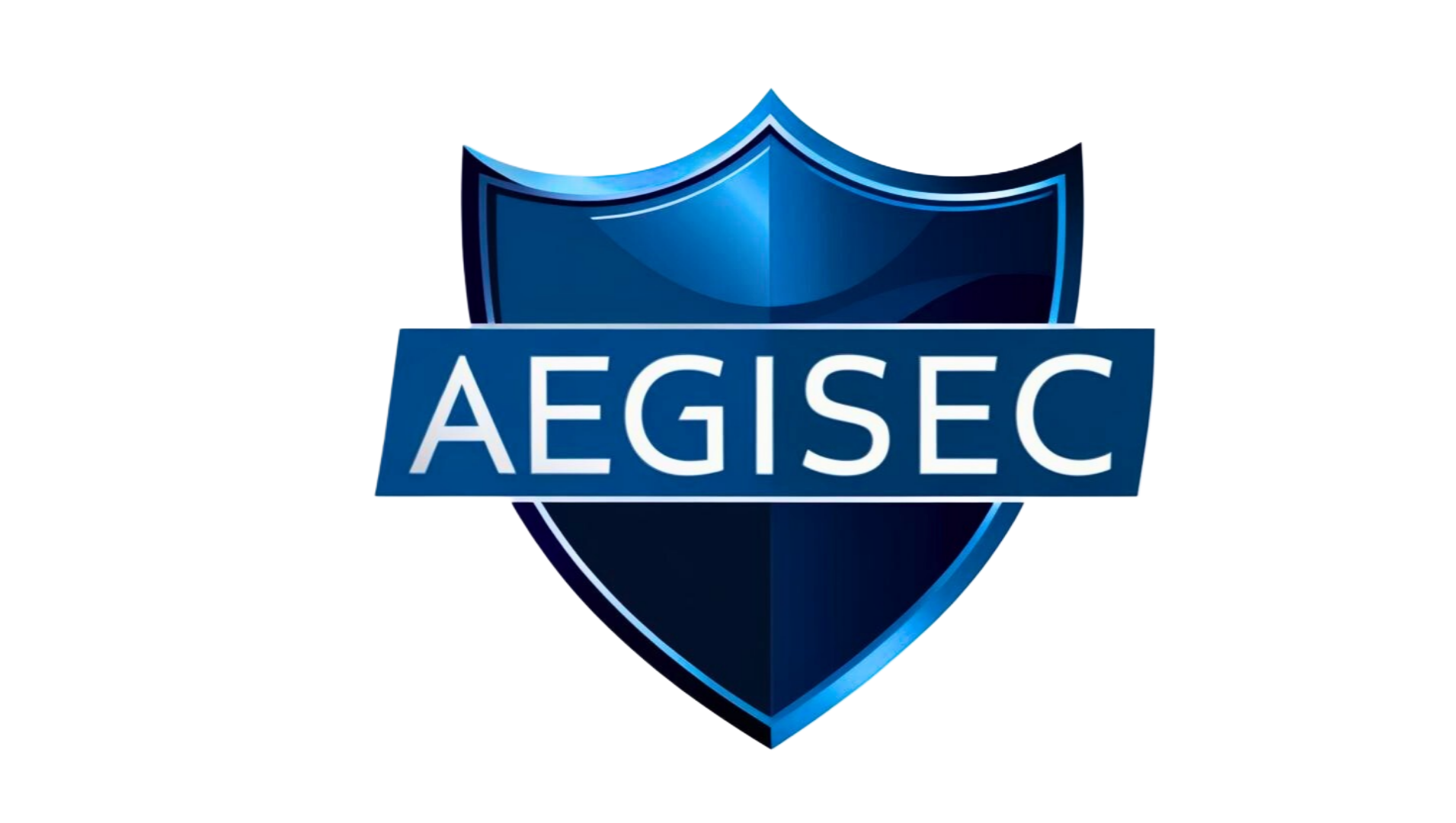
Certified Penetration Testing Professional (CPENT) Training
The Certified Penetration Testing Professional (CPENT) certification is a validation of an individual’s knowledge and skills in the field of penetration testing and ethical hacking. The certification validates mastery of penetration testing methodologies, understanding of legal and regulatory issues and technical knowledge of attack vectors and countermeasures.
The AegiSec training for CPENT will teach you how to perform effective penetration testing in an enterprise network and help prepare for the CPENT exam.
Learning Objectives of AegiSec CPENT Training
The objective of the CPENT training by AegiSec is to help the learners gain in-depth understanding of advanced penetration testing and gain confidence to pass the CPENT certification exam. The aim of the course is to: –
- Help develop the ability to identify, assess and manage security vulnerabilities within a network infrastructure
- Learn advanced penetration testing skills, writing exploit codes, attacking and testing IoT systems, OT systems and cloud systems, reverse engineering etc
- Be well-versed in performing multi-vector attacks, double pivot attack methodologies, network and web-application attack methodologies
Training Duration: 40 hours
Delivery Format
- Regular Batch – One week (5 weekdays, 8 hours per day)
- Weekend Batch – Two Weeks (Sat, Sun – 10 hours per day)
Target Audience
Penetration Testers, Ethical Hackers, Network Administrators, Firewall Administrators, Security Testers, System Administrators, Risk Assessment professionals
Course Prerequisites
CPENT is an intermediate level certification. For the CPENT training, learners should possess:
- 5-7 years of professional IT experience.
- experience with major web and mobile technologies.
- Good understanding of TCP/IP, firewalls and encryption.
- Experience with enterprise-level operating systems and databases.
- Experience with application and web development tools such as Python, HTML, JavaScript, and SQL.
- Understanding of networking principles.
- Knowledge of access control, authentication, and cryptography.
- Knowledge of penetration testing tools and technologies.
